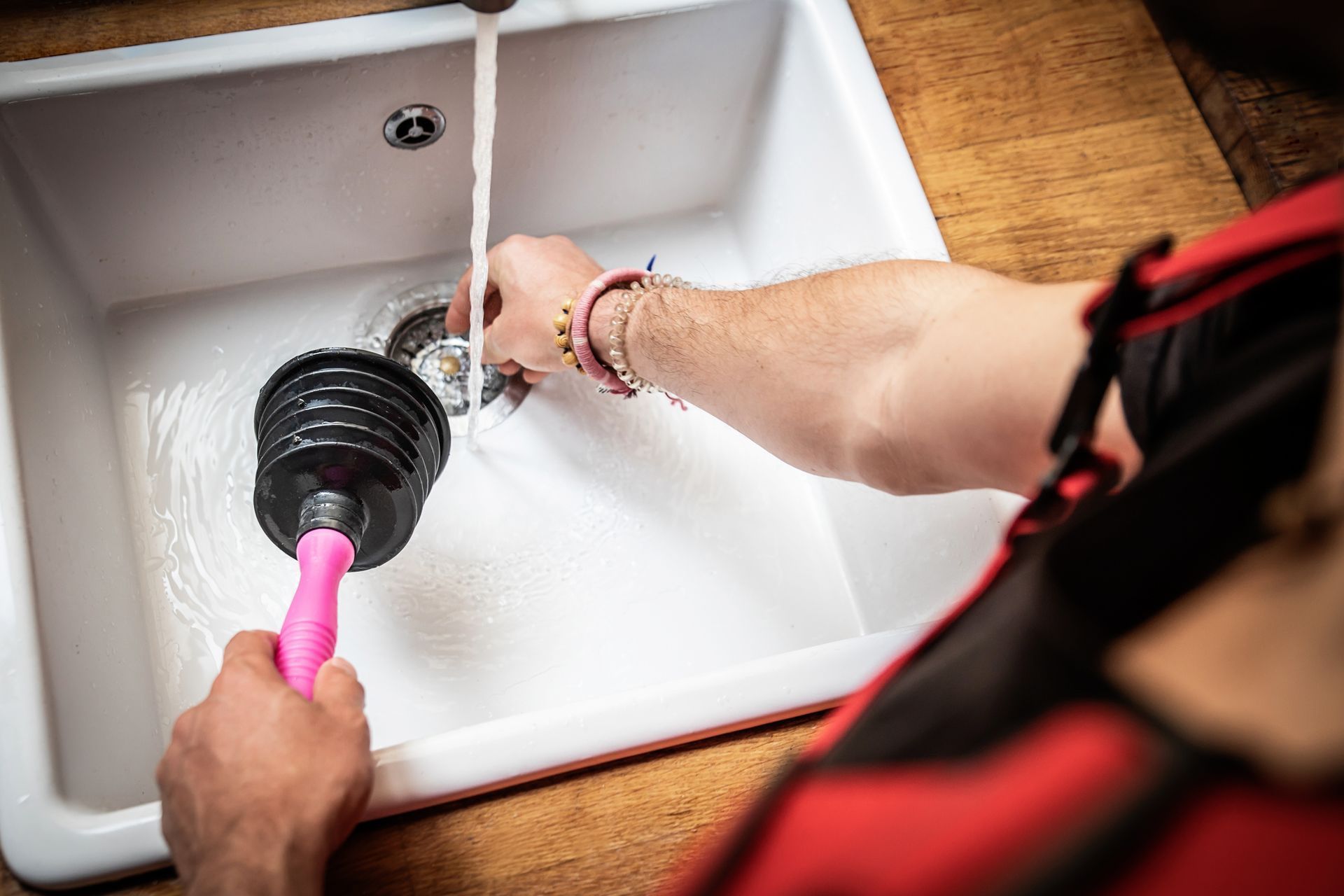A Well-Cared-For Toilet Can Still Affect Your Septic System
Even if you keep your kids from flushing rubber ducks and carefully separate all solid trash into a wastebasket, your toilet can still impact your septic system's function.
Here are ways that even a well-cared-for toilet can affect the septic system.
1. Water Volume
You may have heard that you shouldn't wash all your laundry at once if you have a septic system and that you should try to lower your water use when you've had a heavy rain and the ground is saturated. However, if you're concerned about overwhelming your septic system, you should also think about your toilet's water use.
The toilet is one of the largest sectors of water use in a typical American home. The toilet can be responsible for around 27 percent of your total indoor water use. You can choose to install a low-flow toilet if you want to reduce your toilet's impact on your septic system. But you can also do so without replacing the toilet.
One way you can diminish this water use easily is by simply swapping out your toilet's valve for a dual flush valve. A dual-flush uses the normal amount of water for solids but takes less water to flush liquids. Or you can use an adjustable fill valve to save a significant amount of water on each flush (maybe even a gallon).
2. Toilet Tank Cleaners
As a conscientious homeowner, you likely clean your toilet often and you may even use drop-in toilet cleaners, which you may see advertised to keep your toilet bowl clean with zero daily effort. But you may not know that these cleaners can be detrimental to your septic system; they have the potential to harm your septic system's microbial balance.
Unlike a toilet bowl cleaner, which only goes down the drain when you clean your toilet, automatic cleaners send chemicals down the drain whenever you flush. That much chemical-contaminated water is not great for septic systems.
You may be able to diminish the potential for damage by looking for a toilet tank cleaner labeled as pet safe since these are likely to have fewer harsh chemicals. Try to find one that's not labeled as antibacterial or antimicrobial.
3. Toilet Tissue
Typical toilet tissue use is usually considered unlikely to damage a healthy septic system. However, the situation is more complicated than that. Several factors can make your septic system and sewer line more likely to suffer damage from toilet tissue. For example:
- An older system may have pipes that are narrow or otherwise more likely to clog.
- Some brands of toilet tissue take longer to dissolve, which gives them more time to cause a clog.
- Wadding up toilet paper in large handfuls may make it take longer to completely dissolve.
If you'd like to make your toilet tissue use less likely to cause a clog, you have several options. The first is to research which brands of toilet tissue are most septic-safe and dissolve the fastest. Another possible option is to install a bidet attachment on your toilet, which can cut down or even eliminate the use of toilet tissue in your home.
These are some of the more significant ways your toilet and your household's toilet usage can affect your septic system even if you're very careful not to flush anything solid down the toilet. As you can see, a few simple steps such as changing your toilet paper brand and reducing your toilet's water use may help you avoid septic system problems in the future.
Whether you need routine septic maintenance, have an aging septic system that needs extra maintenance, or suspect your septic system requires repairs, you can feel free to contact O'Fallon Sewer Service today to schedule a visit. We offer all kinds of services for not only septic repairs and maintenance, but also plumbing and sewer needs as well.








